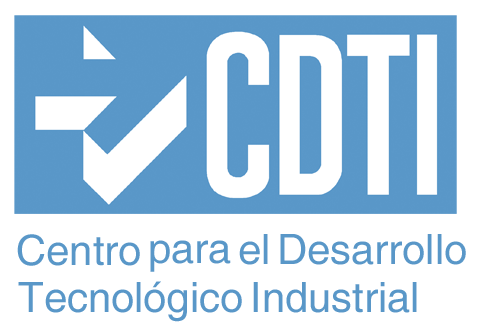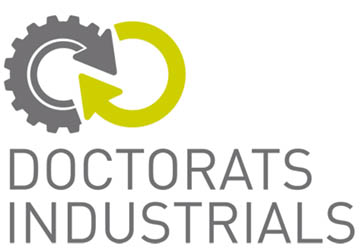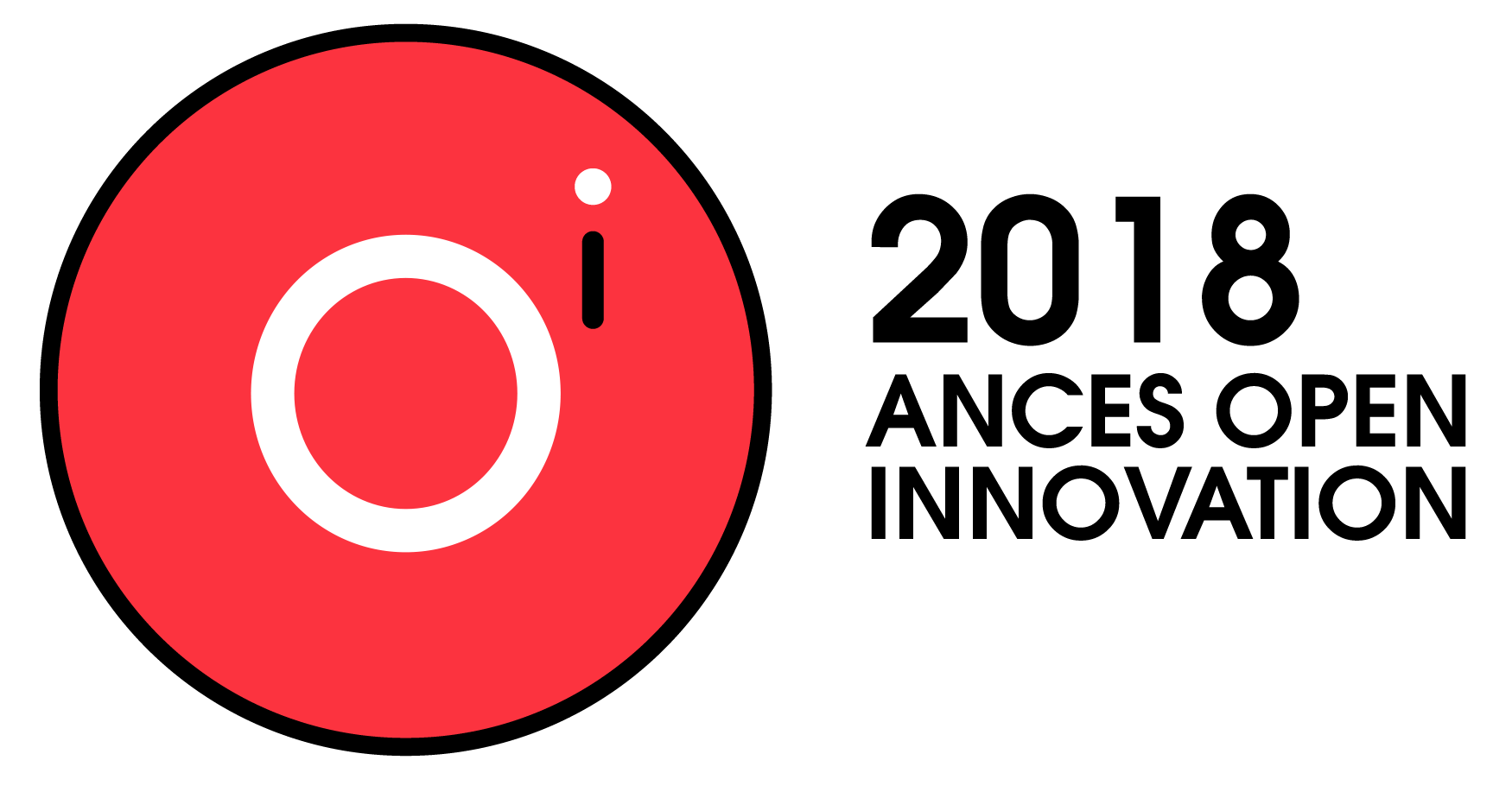Condorchem commitment to R&D
At Condorchem, innovation is one of the best instruments to help us achieve our strategic challenges. This is why an R&D Management System was set up in accordance with the UNE 166002: 2014 standard, to plan, coordinate and structure R&D activities in the most efficient way possible.
Via the R&D Committee, the management at Condorchem are fully involved in the promotion of the culture of innovation throughout the organization, as well as in aligning the proposals for the development of R&D projects with the general strategy of the company.
The basic functions of the R&D Committee are to propose, monitor, evaluate and make strategic decisions regarding the R&D projects to be implemented.
Business vision and R&D vision
The Business vision and R&D vision are established as follows:
We want to be a reference engineering company at the international level; promoting innovation cultures, policies and strategies both internally and externally to create added value to society, in a sustainable way over time.
The commitment to innovation in our processes, technologies and services means we are recognized as an organization that provides added value through solutions that respect the environment and promote the recovery of resources from waste. We are willing to establish strategic collaborations with technology partners to share knowledge and experiences that lead us to meet the objectives of sustainable development.
R&D Strategy
ENVIRO SOLUTIONS, SL uses Innovation to offer society new solutions for the environmental challenges of effluent and atmospheric emissions management through processes leading to the sustainable growth of industry.
Thus, innovation at CONDORCHEM is sustained along the lines described below:
- Collaborative innovation or Co-innovation: We seek collaboration with other companies, partners/suppliers or technological, scientific or university centers to add to the generation of more value, and to implement this in the most positive way for society. The type of collaboration is flexible and is established specifically for each project to be developed.
- We promote innovative solutions focused primarily on obtaining new products, processes and/or services (invention), developing and improving existing products (incremental innovation) or boosting the change in Management for greater access to knowledge and better use of resources (innovation in the organization), for both those favoring cooperation between companies in the international sphere (external level) and those aimed at improving teamwork in the organization (internal level).
- The production and acquisition of knowledge are both internal (R&D) and external processes, with the latter requiring the acquisition of both material (equipment) and intangible technology (e.g licenses and experience).
- Focusing exclusively on environmental solutions for any industrial sector both nationally and internationally, our portfolio of projects mainly includes those aimed at evolutionary improvements in the products and services currently provided by our company. This represents the most significant part of our innovation, as it provides continuity for our business and helps finance other types of riskier initiatives. However, we do have a small number of these higher risk projects, because some of them will be the future products of our company.
- The R&D Committee evaluates each project individually to establish and optimize the amount of production and financial resources to be used, while ensuring they are in line with the strategic planning of the company.
- Management promotes the protection of the projects via the most appropriate industrial and intellectual protection mechanisms, due to their strategic potential, as they increase the value of the company and are an excellent way to create entry barriers for competitors.
- What Management expects from R&D:
- Promoting new business lines
- International positioning of the company as a world reference in environmental engineering
- Introduction to new markets or sectors
- Being at the forefront of knowledge in our sector
- Increasing internal knowledge and adding value to our company
Integrated policy
The Integrated Policy of the Management of ENVIRO SOLUTIONS, S.L aims for strategic objectives such as the continuous increase of the company's competitiveness, the utmost satisfaction of our customers' needs, the protection of the environment, as well as the continuous compliance with the applicable legal and regulatory requirements and those voluntarily subscribed to.
To this end, the following guidelines are established:
- The company must have an Integrated Management System
The Integrated Management System must comply with the requirements of the following standards:
- UNE-EN-ISO 9001 Quality management systems, whose application ensures the proper delivery of chemical products, industrial effluent treatment facilities, and services commissioned by our customers, which in turn meet the quality levels required by them.
- UNE-EN-ISO 14001 Environmental management system, the implementation of which will allow controlling the environmental aspects related to the company's activities, reducing their environmental impact.
- It is the responsibility of all members of the company to maintain a permanent attitude of internal improvement of the organization, the productive processes of the products ordered by our customers, and the requested services.
- The Management expresses its commitment to the achievement of the objectives of the Integrated Policy and for this purpose also to:
- Provide the company with the necessary human and technical means at all times to ensure the Quality of the products and services performed and to maintain and improve the Integrated management system.
- Disseminate and keep the Integrated Policy up to date among all members of the company.
- Seek a favorable climate for the promotion of Quality and respect for the Environment within the company.
- Permanently maintain a process of Continuous Improvement and direct the periodic review of the Integrated management system to ensure its effectiveness and suitability.
- Manage the company responsibly and transparently, promoting employment training and the responsible management of HR.
- Instill a general respect for the Environment.
To this end, in addition to the leadership of the Management, it is necessary for all employees of the Company to integrate the achievement of Quality and pollution prevention as one more function, with the same responsibility as the rest of the entrusted functions.
We will achieve this Policy with the active participation of the management and all the members of the organization of ENVIRO SOLUTIONS, S.L
Last updated: October 2022
R&D projects
LIFE DIME
The results from the Chemirec project pilot plant are being used to design, build and operate a demonstration plant for the recovery of minerals and recoverable elements from exhausted pickling baths.
The technology behind the patent ES 2 239 900 A1 is being tried on an industrial scale under continuous operation. It is currently in the design phase. In the coming months, the demonstration plant will be built and put into service in a local galvanizing company.
The demonstration plant will provide us with information about the scalability of the technology and how to optimize a continuous process. In the final stages, customers may visit the facilities to see it in operation and receive an estimate regarding acquisition.
Eco-Techno, srl is our European partner in this project, which has benefited from LIFE16 European financing.
See the LIFE DIME project on the European Union Commission website
EUREKA – TrueZLD for the treatment of leachates
A very common problem that occurs in solid urban waste landfills is leachates: liquid effluents that pollute and pose a serious environmental problem. Leachates come from the decomposition of organic matter in landfills and the rain percolating through them. This liquid effluent cannot be disposed of without prior treatment.
Leachates can contaminate soil and surface and underground water if not adequately managed or controlled. Leachate management is not always simple, with the most suitable option depending on several conditions, such as the geographical location of the landfill, flow or concentration.
The TrueZLD project is an international collaboration project with the Canadian company Saltworks Technologies Inc which has the Eureka seal of approval and state financing from the CDTI. At Condorchem Envitech SL, we are developing a leachate treatment system using an environmentally sustainable zero discharge system capable of being upgraded to production scale.
Our leachate solution will provide a high quality water stream and stabilized solid state pollutant load that can be deposited in the landfill itself. The solid waste landfill management model will progress from external management to self-management.
Over the last few months, we have been conducting leachate characterization studies from different landfills and have conducted the first laboratory tests to stabilize and solidify the dissolved contaminants.
CHEMIREC project
The Chemirec project is developing a solution for the recovery of minerals and recoverable elements from exhausted pickling baths.
The pickling process chemically removes the surface iron oxide layer by the action of hydrochloric acid before the metal undergoes a corrosion protection process, such as galvanization.
The increasing concentration of iron and other metals, such as zinc, in the bath as it is used decreases the ability of the acid to react with the iron oxide. The bath is said to be exhausted when it substantially loses this reactive capacity.
The bath is then disposed of by an authorized waste manager which neutralizes it with alkalis, precipitating the metal hydroxides, mainly iron and, in galvanizing machines, zinc. In the management of exhausted baths, problems occur with discharge, sludge that has to be rendered inert and the recovery of raw materials and by-products.
At Condorchem Envitech, SL, with the funding of the CDTI, we are developing a pilot plant to recover over 95% of the hydrochloric acid from exhausted pickling baths for reuse in the same process and the recovery of iron as ferrous sulphate and zinc as zinc chloride.
The pilot plant projected and in operation is providing results that demonstrate the validity of the proposed technology. As a result, we have just started the project to build a demonstration-scale industrial plant capable of continuous operation.
The project has had the recognition of patent rights (ES 2 239 900 A1) since 2005.
Hydrodynamic Heat Generation
Condorchem Envitech, SL has first-hand knowledge of the thermal energy supply problems that certain sectors suffer globally due to their geographic location or the cost of acquiring fossil fuels. The only energy available in these cases is electric power whose acquisition cost is low, depending on the region.
In collaboration with the Greentech research group of Catalonia Polytechnic University and financing from the Catalonia Generalitat, a Research and Development project is being carried out to study the hydrodynamic generation of heat and its application in thermal separation processes.
The project will contribute to the generation of scientific knowledge by studying the interrelation of hydrodynamics and heat generation. The results will be presented in the form of a doctoral thesis.
The use of hydrodynamics as a heat source has several challenges that are being addressed, such as the strength of materials due to accelerated erosion. However, the use of this technology will eliminate heat exchange secondary circuits without the risk of fouling or the formation of incrustations.
PYME INNOVADORA
Condorchem Envitech was recognized as an innovative SME by the Ministry of Economy and Competitiveness Innovation and Competitiveness General Directorate.
See the PYME INNOVADORA stamp in the Ministerio de Industria del Gobierno de España website


ANCES OPEN INNOVATION 2018 – ESTRELLA LEVANTE
We took part in the challenge of the company Estrella de Levante, a brewery which is part of Grupo Damm located in Murcia, inside the contest organized by the Asociación Nacional del Centros Europeos de Empresas e Innovación. Since it is an open innovation contest, they allow consolidated companies to interact with the entepreneurial landscape and move forward thier technical challenges.
The challenge focused in proposing a solution to minimize their saline eflluents, for which we came out as winners.





